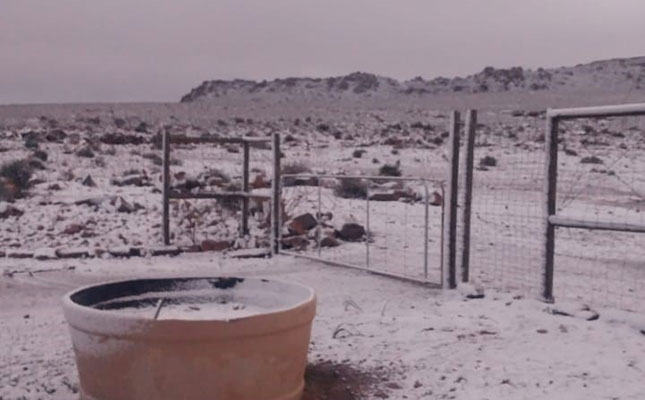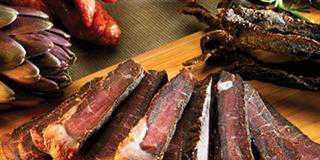
Photo: Marius Posthumus
Apart from possible livestock losses, the widespread cold weather experienced across South Africa has also increased the risk of wildfires.
“During cold weather people make fires to keep warm. These fires can easily spread and get out of hand,” says Francois Wilken, president of Free State Agriculture.
About 67 000ha of grazing were destroyed by wildfires in the Free State earlier in July, with 2 000 head of cattle, 1 953 sheep and 415 game animals also succumbing to the flames.
Andrey Olwagen, a farmer in the Jagersfontein district, said many animals were also injured during the fires and were currently subjected to further suffering due to the recent snowfall in parts of the province.
“The cold helps with burn wounds and pain relief for animals that were hurt during the fire. On the negative side many animals have already lost weight as their bodies were trying to retain heat. However, due to their wounds, they didn’t eat as much as they were supposed to,” Olwagen said.
“Overall, we are just very thankful that the cold has ensured that there aren’t any flies or other insects,” he added.
Dr Danie Odendaal, director of the Veterinary Network, said animals needed to regulate their body temperatures and during times of extreme cold this could lead to a loss of condition.
“If an animal’s body temperature drops [below] a certain threshold, they use their fat reserves to keep warm. In the worst cases, animals, especially young animals, will freeze to death if they cannot regulate their [body] temperatures.”
This was also the reason why farmers had to keep up with supplementary feeding, he said.
The cold weather, he added, could lead to an increase in Pasteurella pneumonia cases.
“If a farmer suspects that there is even one case of pneumonia on the farm, he or she should get a formal diagnosis,” Odendaal warned.
“If one of the animals has caught Pasteurella it’s highly likely that more will have it. This is an illness that has to be treated with a prescription antibiotic. These antibiotics will kill the organism, while over the counter medicine will not do the same.”










